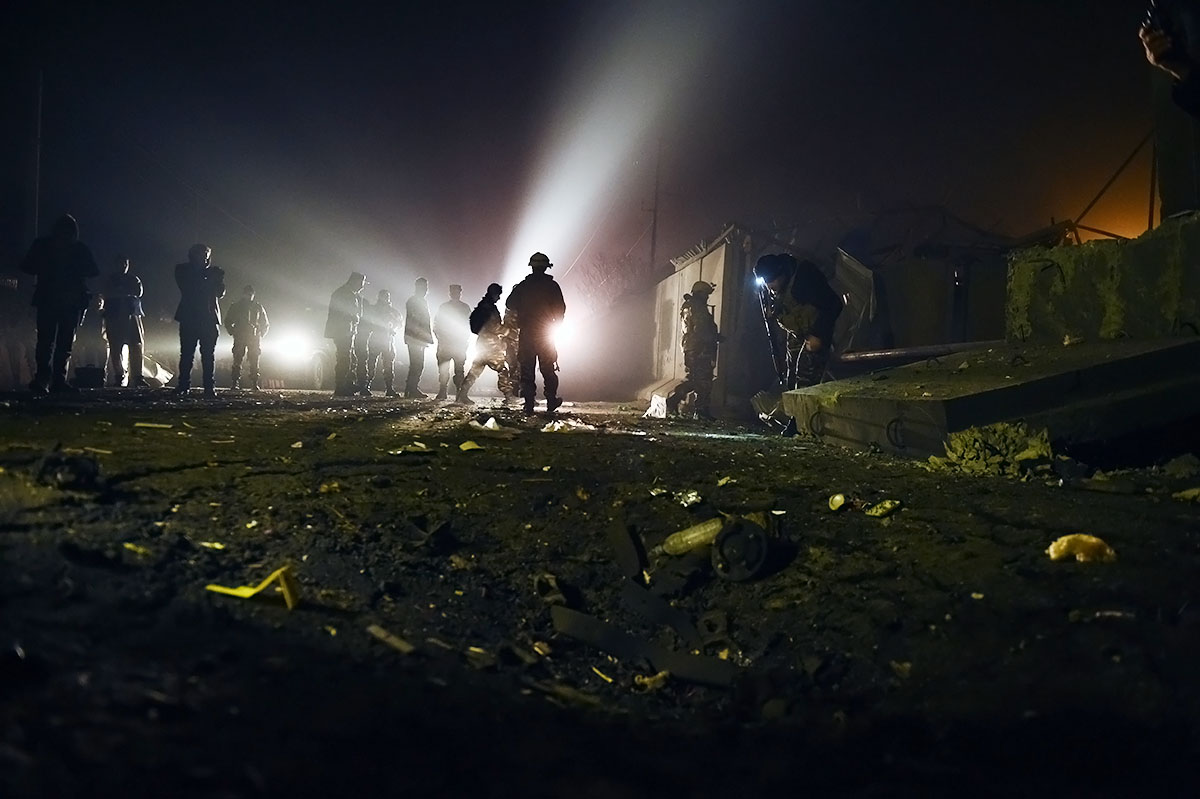
UNAMA’s head, Nicholas Haysom, has said that as of November 30, more civilian deaths and injuries have been recorded in 2014 than in any other year since the organisation began releasing its reports in 2009.
According to the report, civilian casualties have increased by 19% from the previous year.
Speaking at a news conference earlier this week, Georgette Gagnon, director of UNAMA Human Rights, said the number of civilian casualties in the first eleven months of this year in Afghanistan is 9,617, with 3,188 civilians killed and another 6,429 injured.
There has also been a 33% increase in casualties among children as compared to 2013. On the other hand, casualties among women have increased by 12%.
According to Gagnon, 2014 will be the first year in which the casualty count will cross 10,000 civilians since 2009. Insurgents were responsible for at least 75% of these casualties.
The report has sent alarm bells ringing as the security situation has gradually worsened.
Farewell to arms?
In his Christmas address, US President Barrack Obama shared his plans to orchestrate a suitable end to one of its longest wars.
According to Obama, the combat mission in Afghanistan will be over in just a few days. The US president claimed this strategy would provide an opportunity for the nation to take a backseat and allow the Afghans to rebuild their country.
Although the combat mission may be over for Obama, conflict and uncertainty are likely to continue in Afghanistan.
This is particularly disconcerting as the country appeared to be on the road to progress. September 29, 2014 marked Afghanistan’s first democratic transfer of power after two rounds of relatively peaceful presidential elections. A large number of Afghans exercised their democratic right to choose a new leader despite threats from the Taliban.
The credit for a smooth transition of power goes to former president Hamid Karzai. In his farewell speech, Karzai had warned the new government to beware of the US as it was to blame for the failure to facilitate peace.

Nonetheless, the new government ignored its predecessor’s warning and ratified the Bilateral Security Pact with the US on September 30. Karzai had emphasised the need to maintain peace with the Taliban as an important condition in the pact. Under the agreement, US and Nato will keep around 8,000 to 12,000 troops in Afghanistan.
With the US and Nato allies’ decision to end their combat mission, Afghan forces will now have to bear the burden of maintaining security and dealing with the Taliban. Winter is traditionally not a fighting season in Afghanistan. As a result, the Taliban’s current offensive in eastern Kunar province bears an element of surprise.
Since the Taliban are in no mood to stop fighting, security will remain one of the major challenges for President Ashraf Ghani.
Pak-Afghan relations
After the new government seized the reins in September, Afghanistan was able to bury the hatchet with Pakistan and put to rest several years of strained bilateral relations.
Speaking to The Express Tribune, Kabul’s new ambassador to Islamabad Janan Mosazai voiced hope that the new government will open a new chapter in bilateral relations and cooperation with Pakistan.
“President Ashraf Ghani has a vision to establish a special relationship with Pakistan which is free from mistrust and misunderstanding,” he said. Moreover, army chiefs of both countries have also agreed to coordinate military operations against militants across the border.
Pakistan and Afghanistan appear to have stopped hurling accusations at each other and opt to voice their concerns through bilateral channels. President Ghani’s visit to Pakistan in November was also seen as a major step in fostering bilateral ties.
Amid changing circumstances, Prime Minister Nawaz Sharif should try to encourage the Afghan Taliban to cooperate with new Afghan leadership and tackle the security challenges. Unfortunately, the Taliban are unwilling to participate in intra-Afghan dialogue. On the contrary, they have rejected the report as biased, unfounded and politically motivated.
As a result, the country could continue to face major security challenges in the coming year.
Published in The Express Tribune, December 27th, 2014.













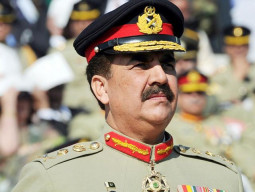
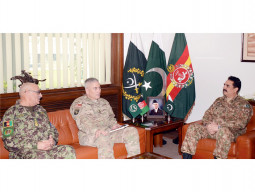
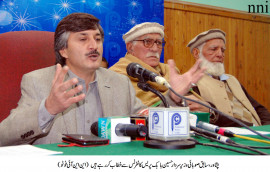

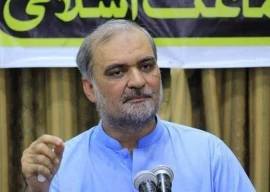

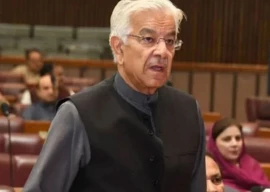
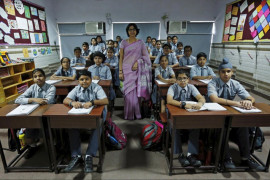
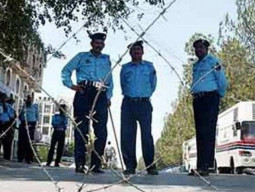










1714024018-0/ModiLara-(1)1714024018-0-270x192.webp)










COMMENTS
Comments are moderated and generally will be posted if they are on-topic and not abusive.
For more information, please see our Comments FAQ